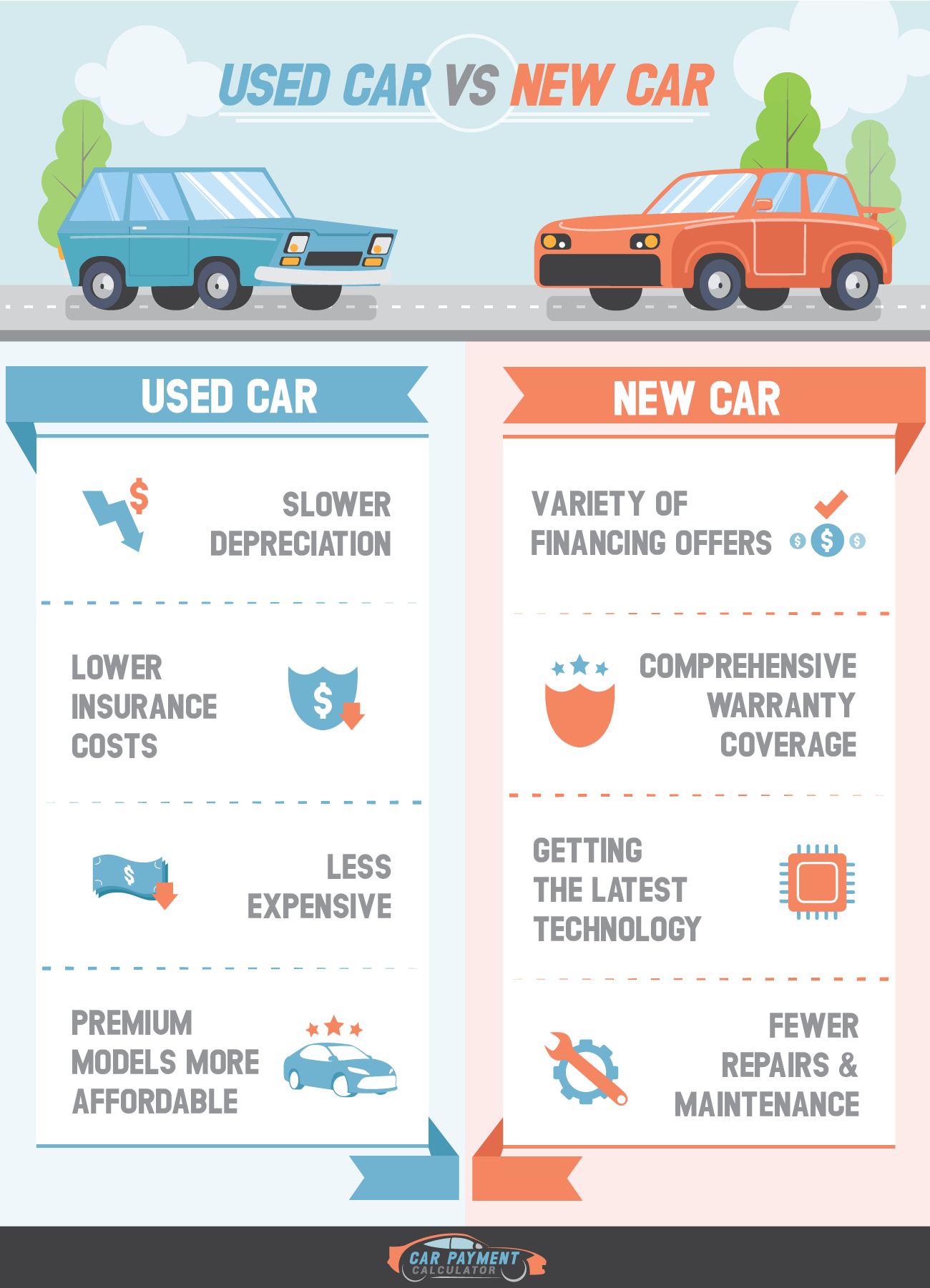The increase of electrical vehicles (EVs) notes one of the most substantial changes in vehicle history. As even more customers, car manufacturers, and federal governments embrace EV innovation, the industry is undertaking a change that affects every little thing from vehicle layout to energy usage and framework. In this blog site, we'll explore exactly how EVs are altering the automobile landscape and forming the future of wheelchair.
- The Decline of Interior Combustion Engines. For over a century, gasoline-powered vehicles have dominated the roadways, but EVs are testing their superiority. With boosting environmental worries and stricter emissions guidelines, federal governments worldwide are pressing car manufacturers to eliminate interior burning engines (ICEs) Nations like the UK, Germany, and China have actually announced bans on new gas and diesel lorry sales within the following decade, forcing the industry to accelerate EV growth.
Car manufacturers are reacting by spending billions into electrification. Companies like Toyota, Tesla, GM, and Ford are increasing their EV portfolios, with Toyota blending hybrid knowledge into totally electric versions like the bZ4X. This change indicates a new era where gasoline-powered cars might soon lapse.
- Improvements in Battery and Charging Modern Technology. One of the most significant obstacles to prevalent EV adoption has actually been range anxiety-- problems about how far an EV can take a trip on a solitary fee. Nonetheless, advances in battery innovation are solving this problem.
Longer Battery Life: Modern lithium-ion batteries are extra effective, and next-generation solid-state batteries promise also greater array and faster billing times. Toyota and various other car manufacturers are greatly buying this innovation modern technology. Ultra-Fast Charging: Charging facilities is quickly boosting, with quick battery chargers qualified of replenishing 80% of an EV's battery in under 30 minutes. Networks like Tesla Superchargers, Electrify America, and ChargePoint are increasing, making EV ownership a lot more hassle-free. Wireless and Solar Charging: Future technologies might consist of cordless billing pads and solar-powered cars, further removing the need for constant plug-in stops. With these growths, EVs are coming to be extra functional for day-to-day drivers, road-trippers, and even industrial fleets.
- The Effect on Automobile Repair Work and Dealerships. The shift to electric lorries is changing just how cars and trucks are marketed and serviced. Unlike traditional automobiles, EVs have less moving components, meaning reduced maintenance expenses for consumers but new obstacles for vehicle repair work companies.
Minimized Requirement for Oil Changes & Engine Repair Works: Since EVs do not have traditional engines or transmissions, they get rid of usual upkeep needs like oil modifications and timing belt substitutes. New Training for Technicians: Mechanics are now needed to undertake specific training to deal with high-voltage battery systems and electrical drivetrains. Development of Dealerships: Several car dealerships are revamping their sales methods and supplying incentives to push EV adoption, while additionally mounting billing stations at their locations. This improvement means that service center and dealers need to adjust to stay affordable in a progressively electrical market.
- EVs and the Future of Mobility. Past individual car possession, EVs are improving transport on a wider range. Ride-sharing firms, public transportation, and even distribution solutions are shifting toward electric fleets. Business like Uber and Lyft are setting sustainability objectives that require drivers to shift to EVs, while significant distribution business such as Amazon and FedEx are investing in electric vans to cut discharges.
In Addition, EVs are at the leading edge of self-governing car advancement. With smooth combination of AI-powered self-driving technology, the future of mobility can see fully independent, electric fleets changing traditional cars and trucks in urban areas.
- Are EVs the Future? There's no uncertainty that electric vehicles are below to remain. With lower operating prices, ecological benefits, and fast developments in technology, EVs are coming to be the recommended option for many customers. While challenges remain, such as battery recycling and the requirement for a more considerable billing network, the market is approaching a future where EVs control the roadways.

As car manufacturers like Toyota proceed introducing, dealers adjust, and federal governments promote cleaner transportation, the EV change will only accelerate. Whether you're a car lover, an entrepreneur in the automotive sector, or a consumer seeking to change, now is the time to welcome the future of electric movement.
Navigation
Latest Posts
Discover the Mazda Difference at Jake Sweeney Mazda
Land Rover Brooklyn: Adventure Awaits
Chicago’s Guide to Seasonal Car Maintenance
